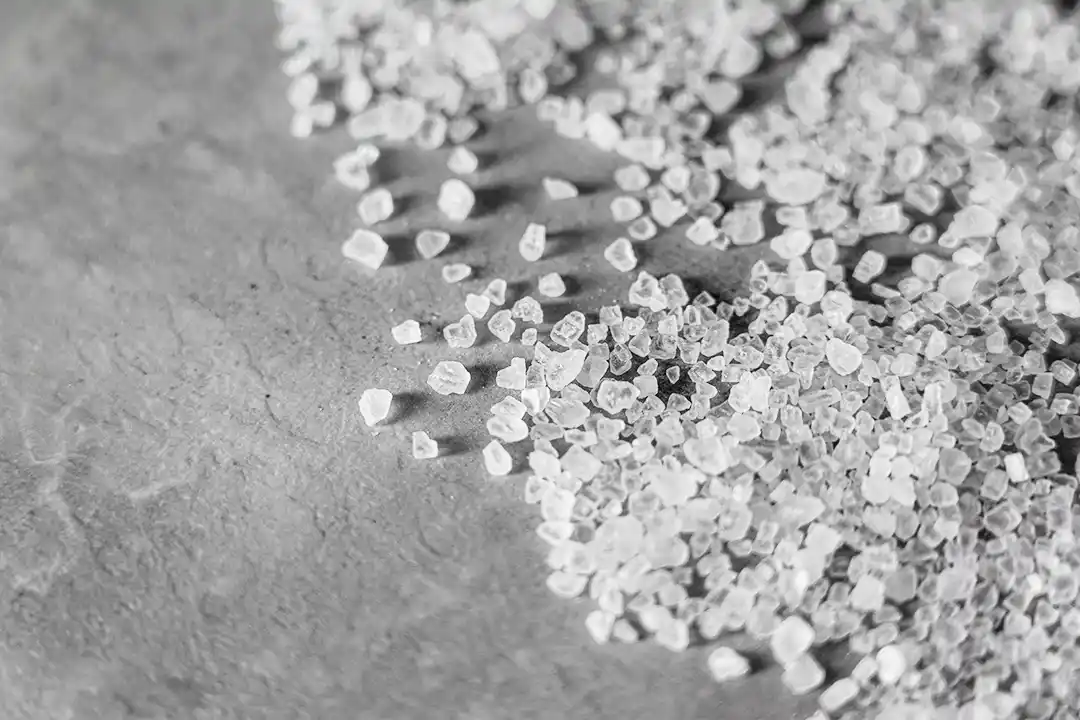How to reduce salt consumption and take care of your health
Check out our tips for reducing sodium intake in your diet
Excessive salt consumption can lead to serious health problems such as high blood pressure and increased risk of heart disease and stroke.
However, many people still consume excessive amounts of salt in their daily diet.
Why is it important to reduce salt consumption?
Most people consume more salt than recommended by health experts.
The American Heart Association recommends that adults consume no more than 2,300 milligrams (mg) of sodium per day, and that people with high blood pressure or other risk factors for heart disease consume no more than 1,500 mg per day.
However, the average daily sodium intake in the United States is about 3,400 mg per day.
Excessive salt consumption can lead to a number of health problems, including:
- High blood pressure
- Increased risk of heart disease and stroke
- Fluid retention, which can lead to swelling and weight gain
- Kidney damage
How to reduce salt consumption
There are several ways to reduce salt consumption in your diet:
- Read food labels. Many processed foods contain large amounts of salt. By reading labels, you can choose foods with less sodium.
- Use fresh seasonings and herbs instead of salt to flavor foods. Garlic, onion, lemon and fresh herbs such as basil, oregano and thyme are great options.
- Avoid high-sodium foods such as sausages, bacon, canned and processed meats.
- Limit fast food and quick meals, which often contain large amounts of salt.
- Cook at home. When cooking at home, you have more control over the ingredients and the amount of salt used in your food.
- Add fresh vegetables to your diet. They contain potassium, which helps balance the effects of sodium in the body.
In addition to these tips, it is important to remember that salt is not only found in processed foods.
It can also be found in unexpected foods such as breads and cereals.
Therefore, it is important to read food labels and choose options with less sodium.
Alternatives to salt
There are many alternatives to salt that you can use to flavor foods.
Some examples include:
- Lemon and lime: these citrus fruits are great for seasoning seafood, salads and other dishes.
- Fresh herbs: basil, oregano, thyme and other fresh herbs are great for flavoring foods.
- Spices: such as black pepper, paprika, cumin and other spices can be used to season dishes.
Remember that it is important to be gradual when reducing salt consumption. Drastic changes can lead to headaches and other unpleasant symptoms. Adjust your diet gradually and allow your palate to get used to the new seasoning options.
Reduce salt consumption?
Excessive salt consumption can lead to serious health problems, but there are ways to reduce daily intake.
By reading food labels, using fresh seasonings and herbs instead of salt, avoiding high-sodium foods and cooking at home, you can take steps to reduce salt consumption in your diet.

Chloe G.
Hi I'm Chloe G., my passion for healthy eating is part of something bigger than just a profession.

